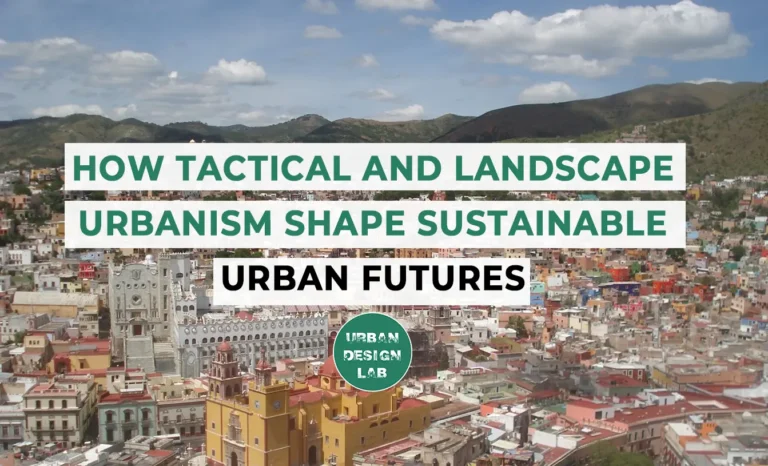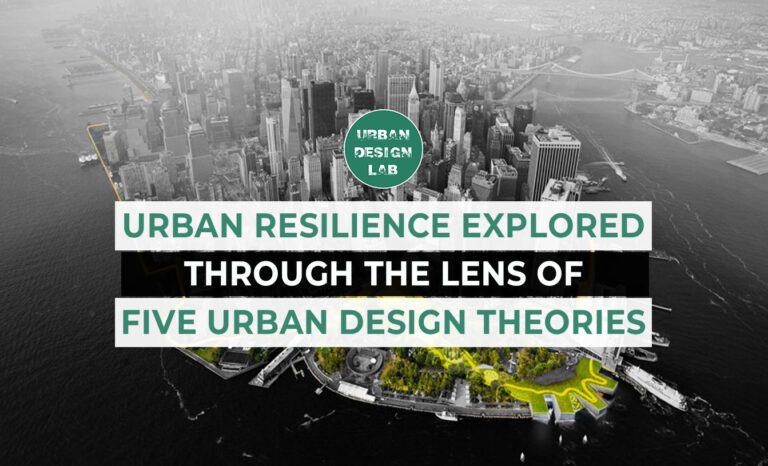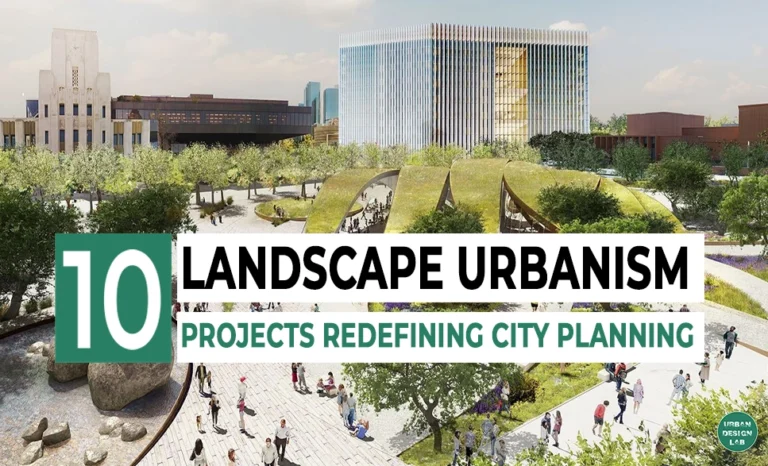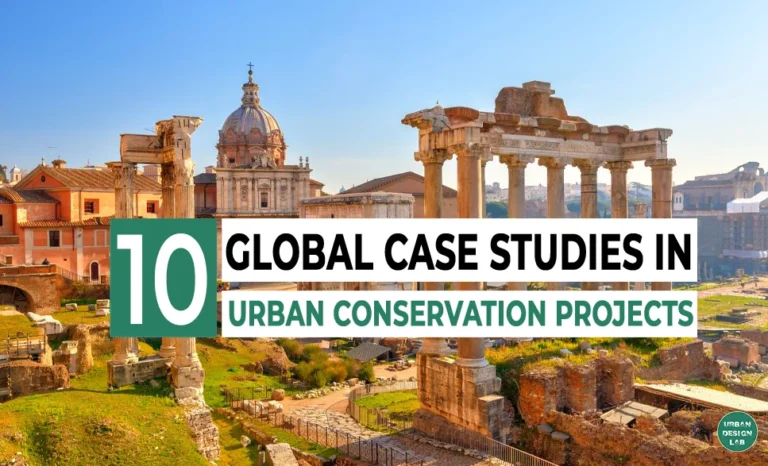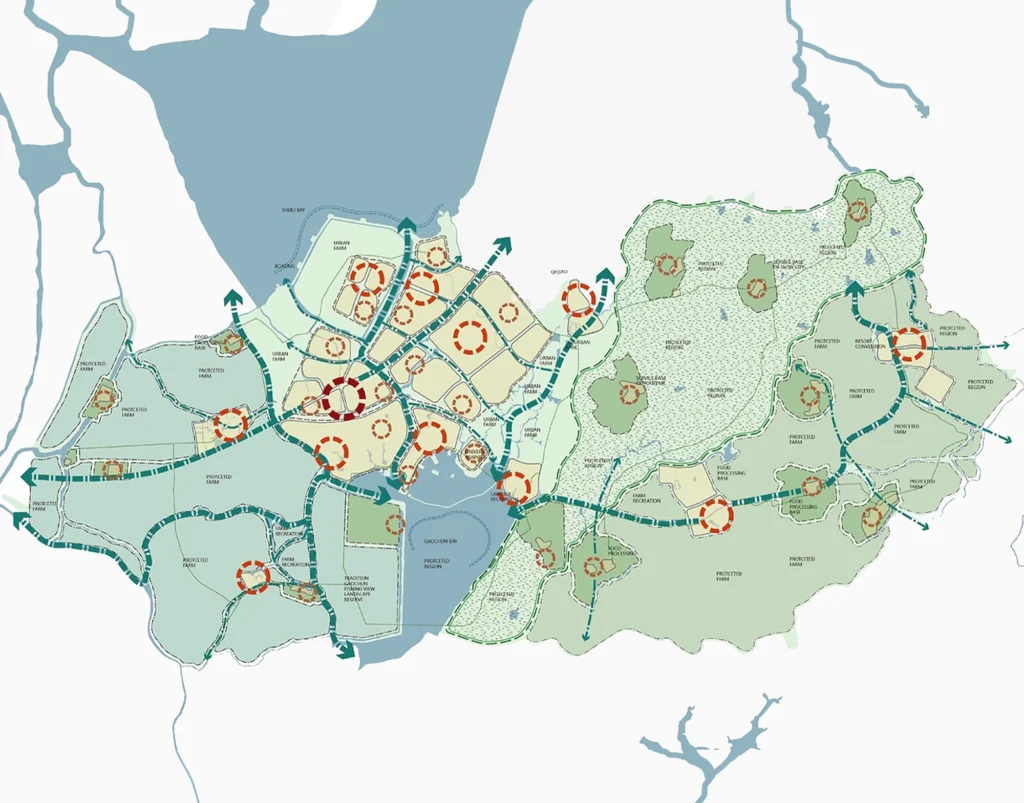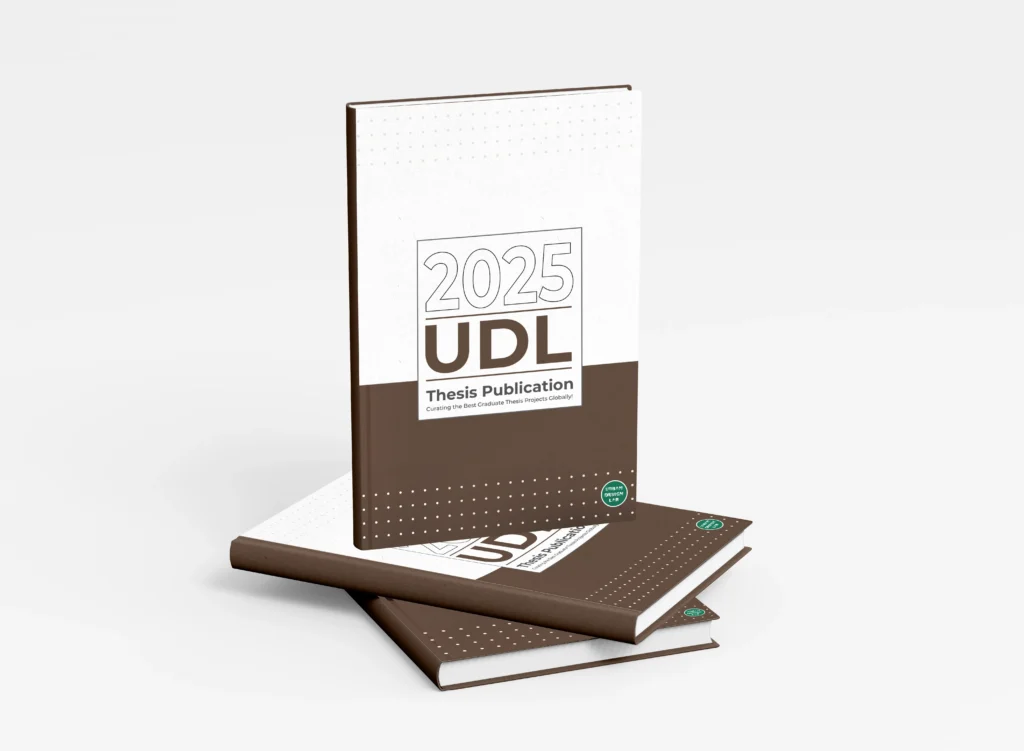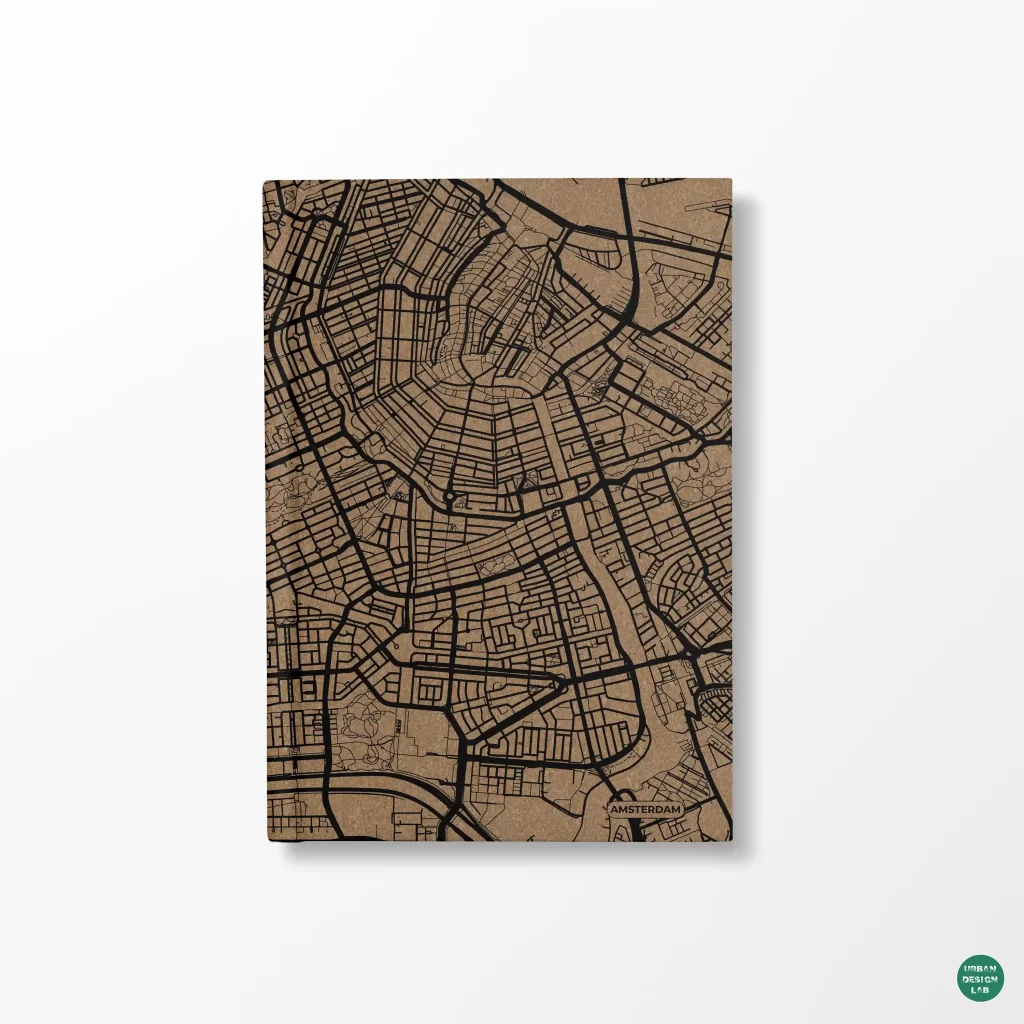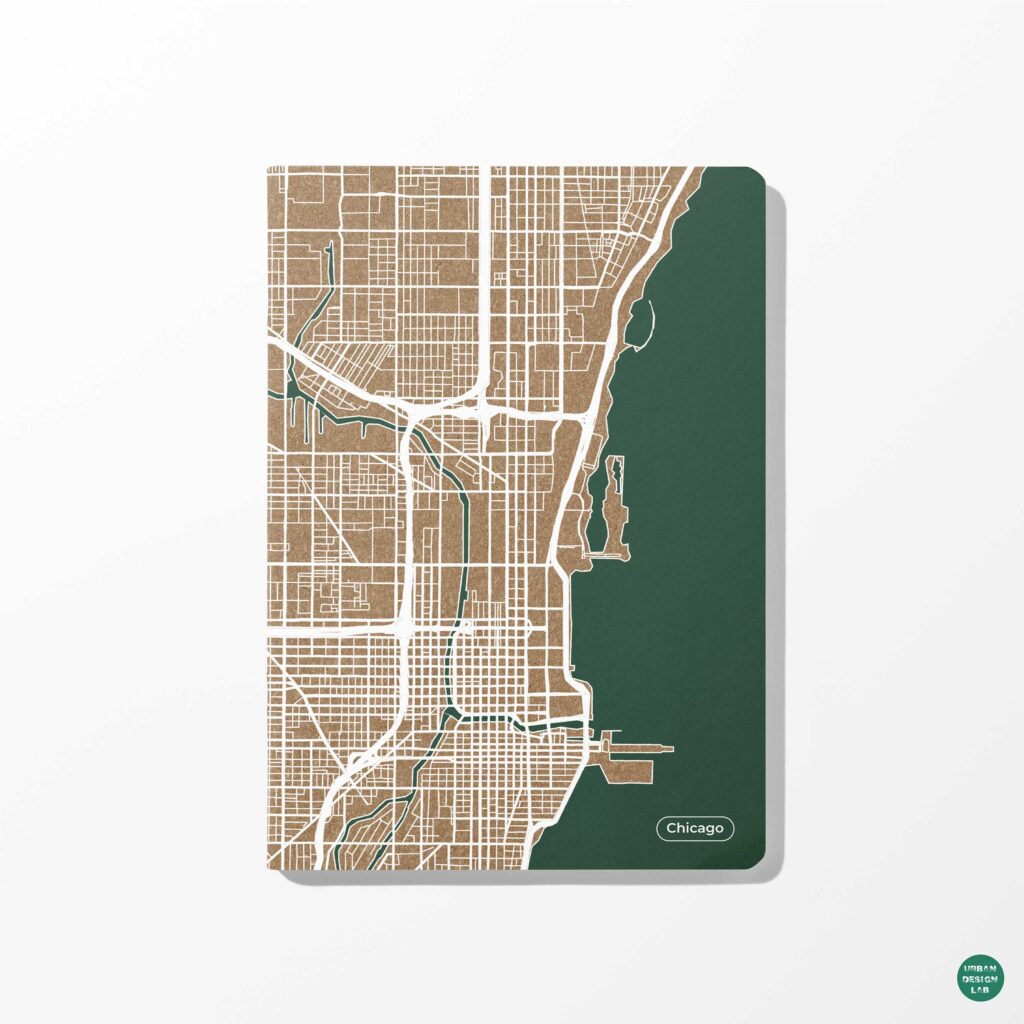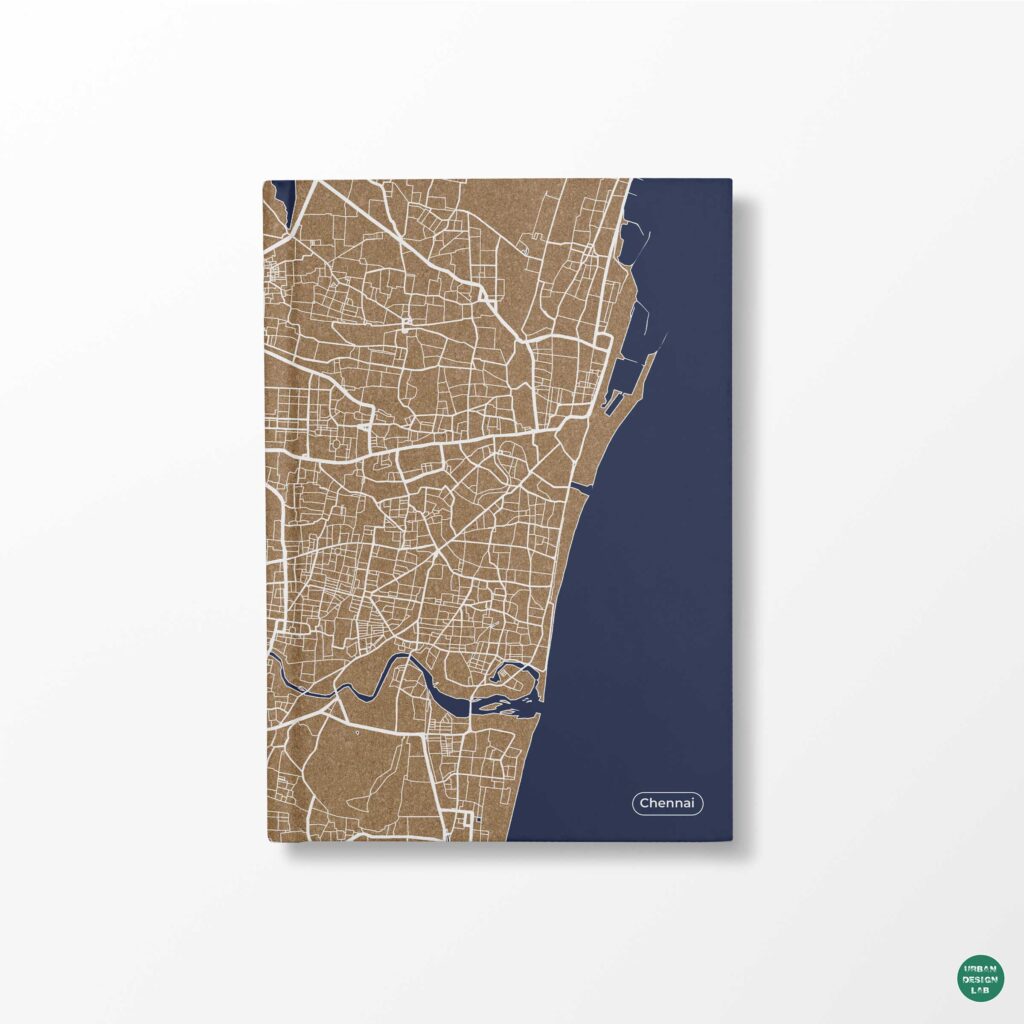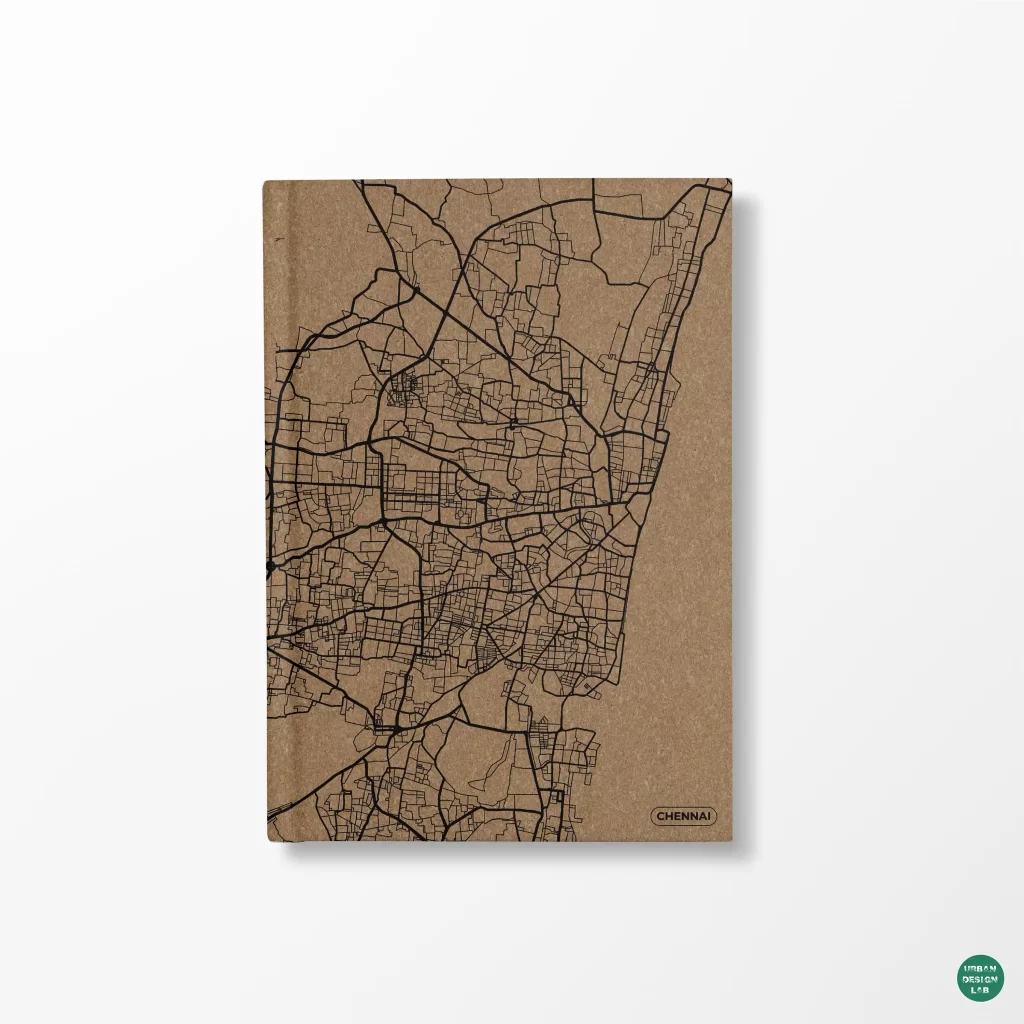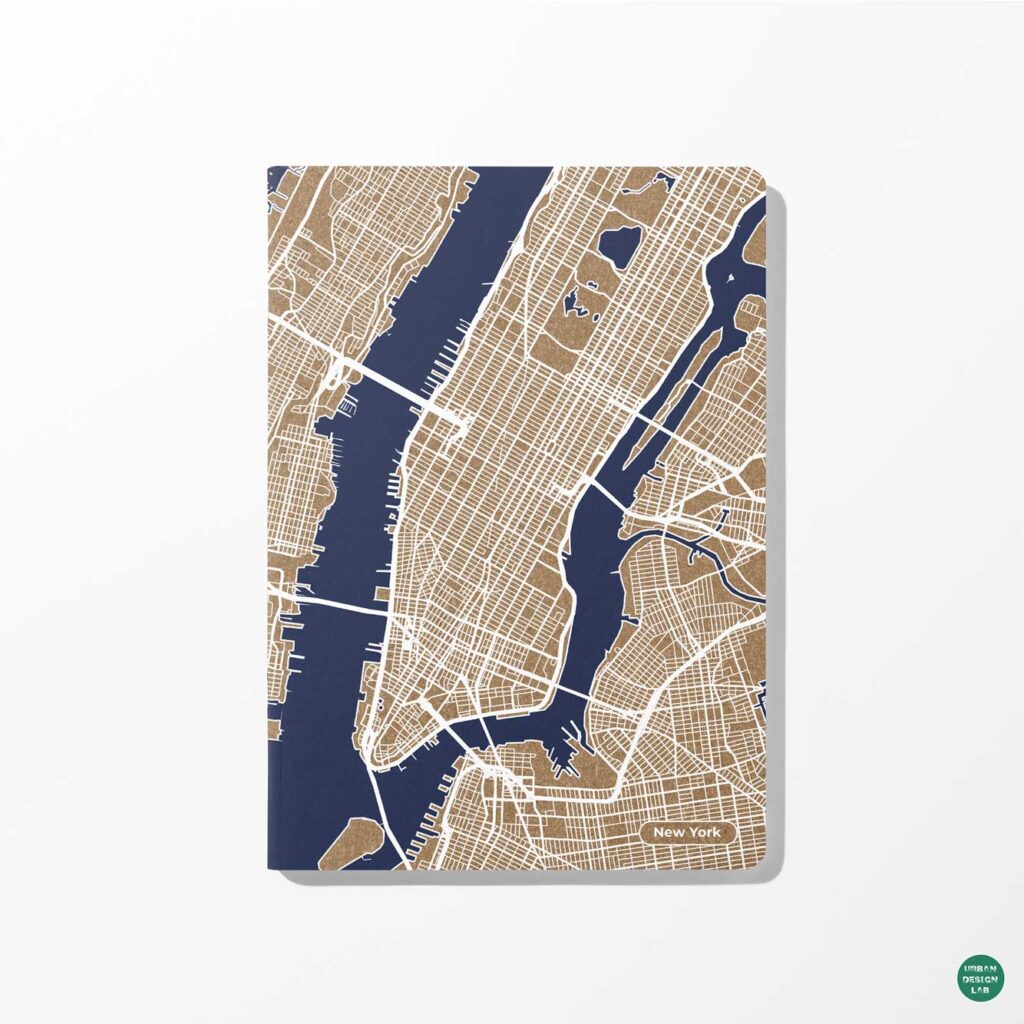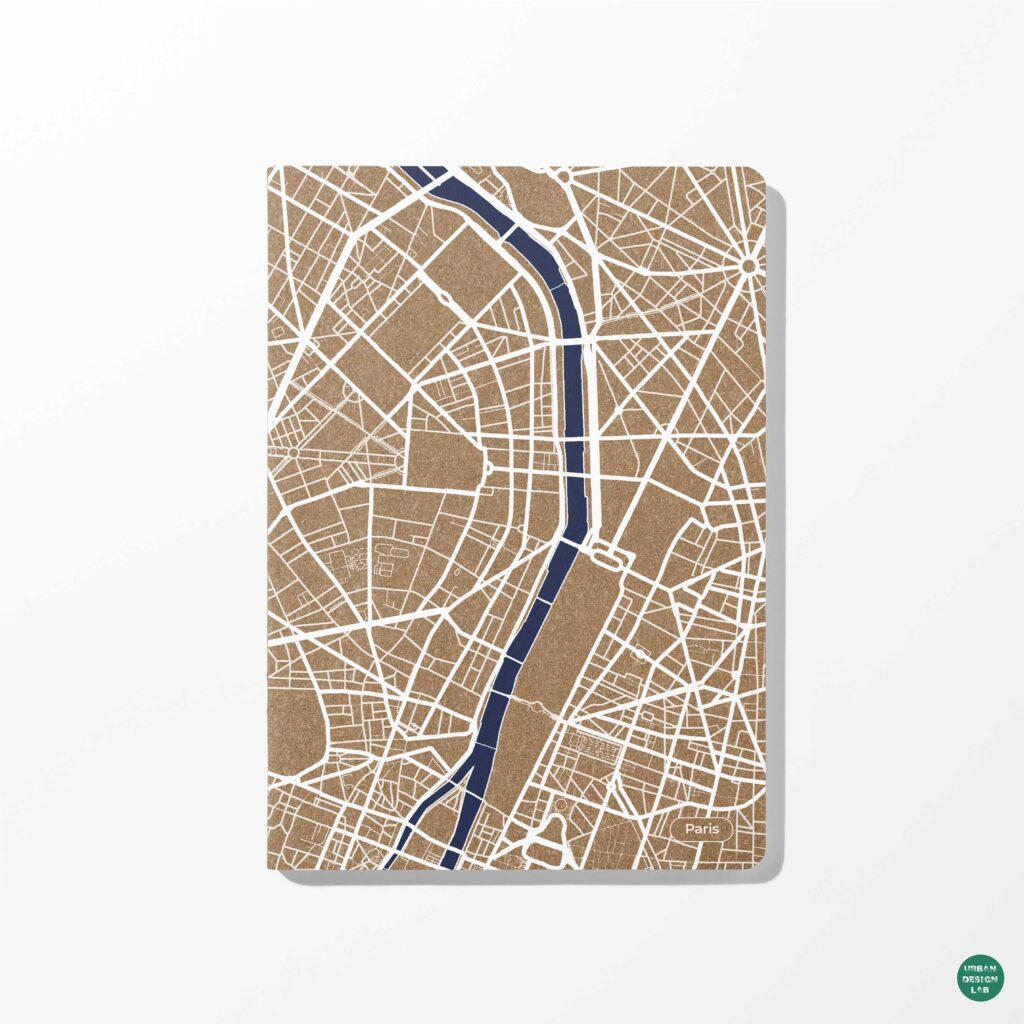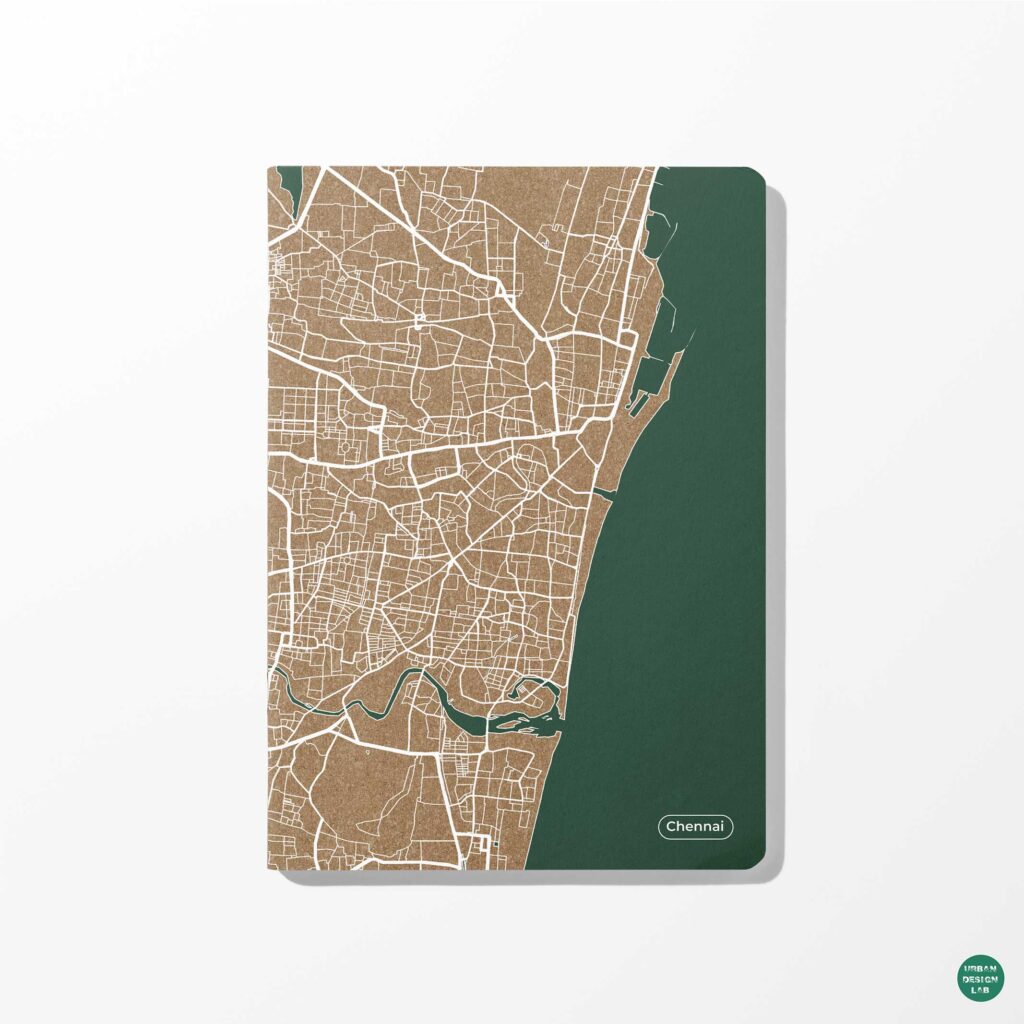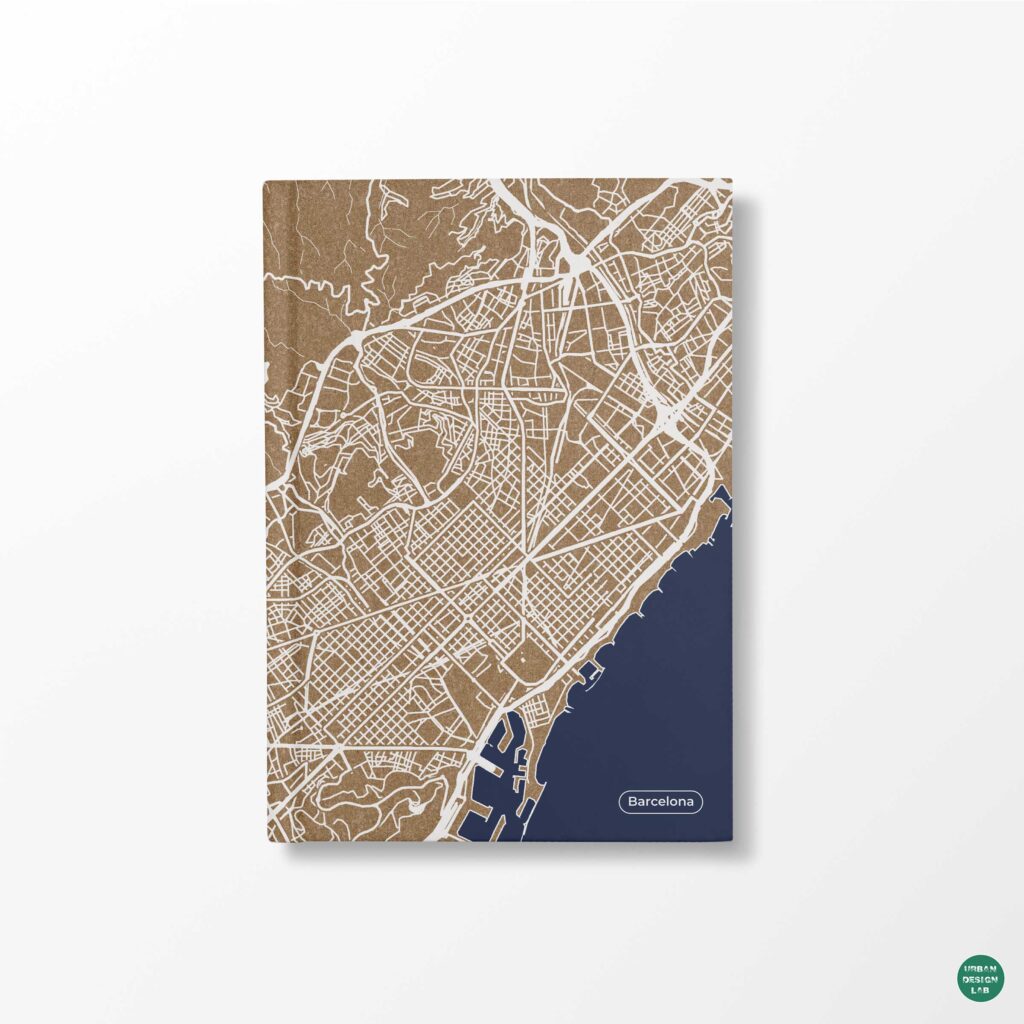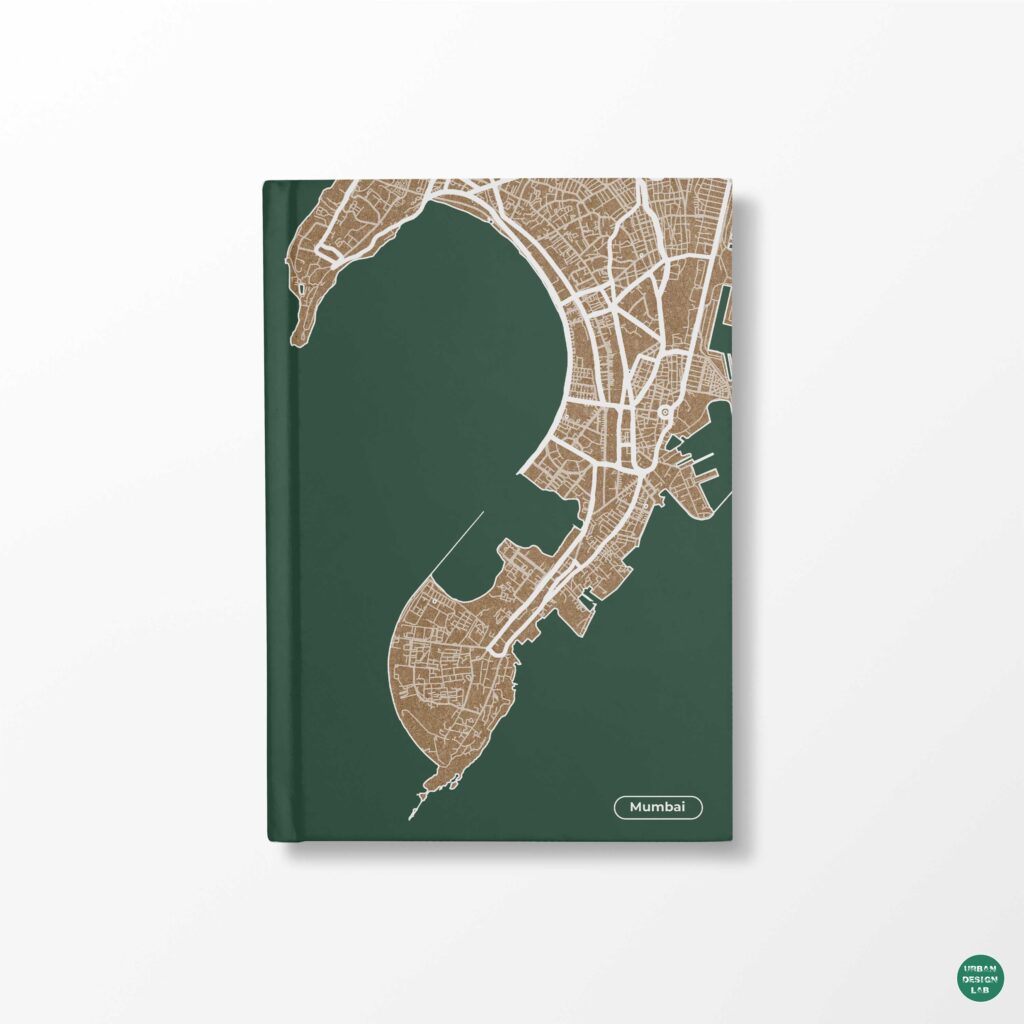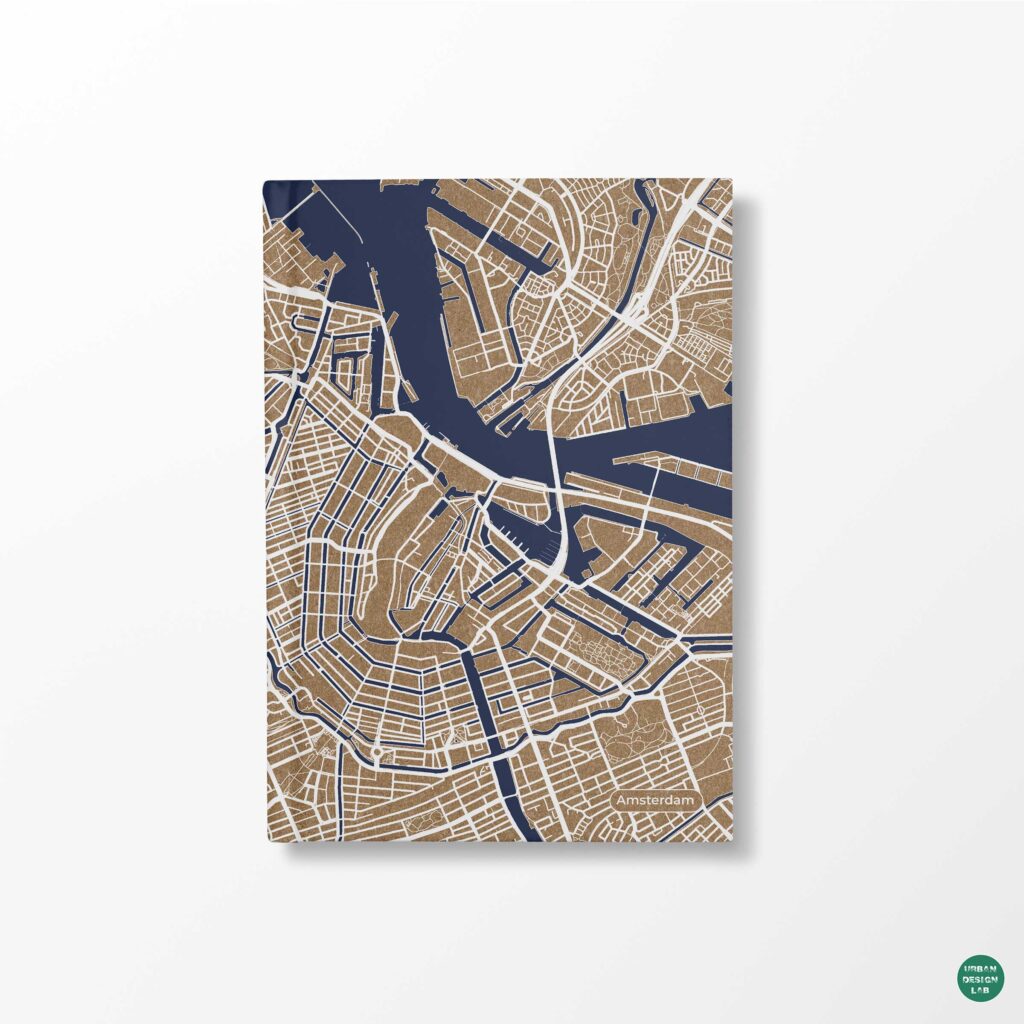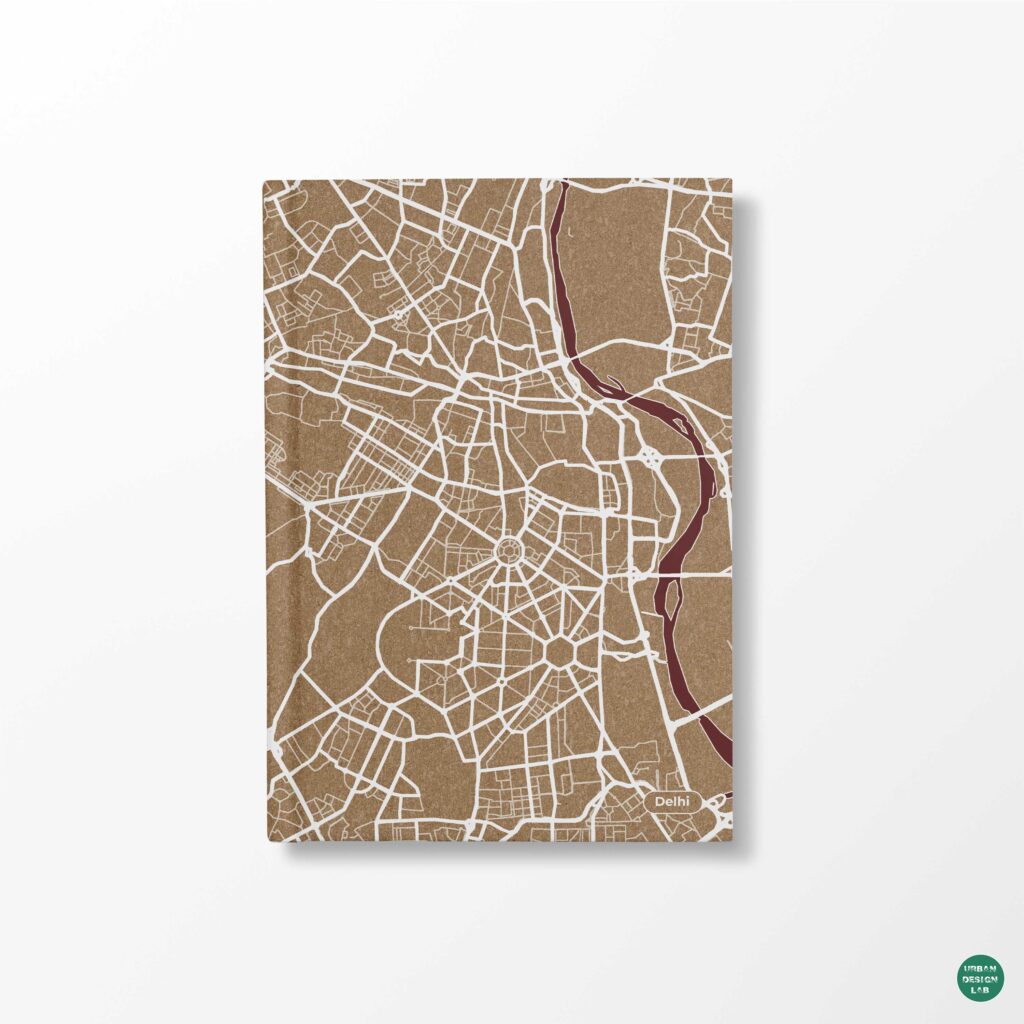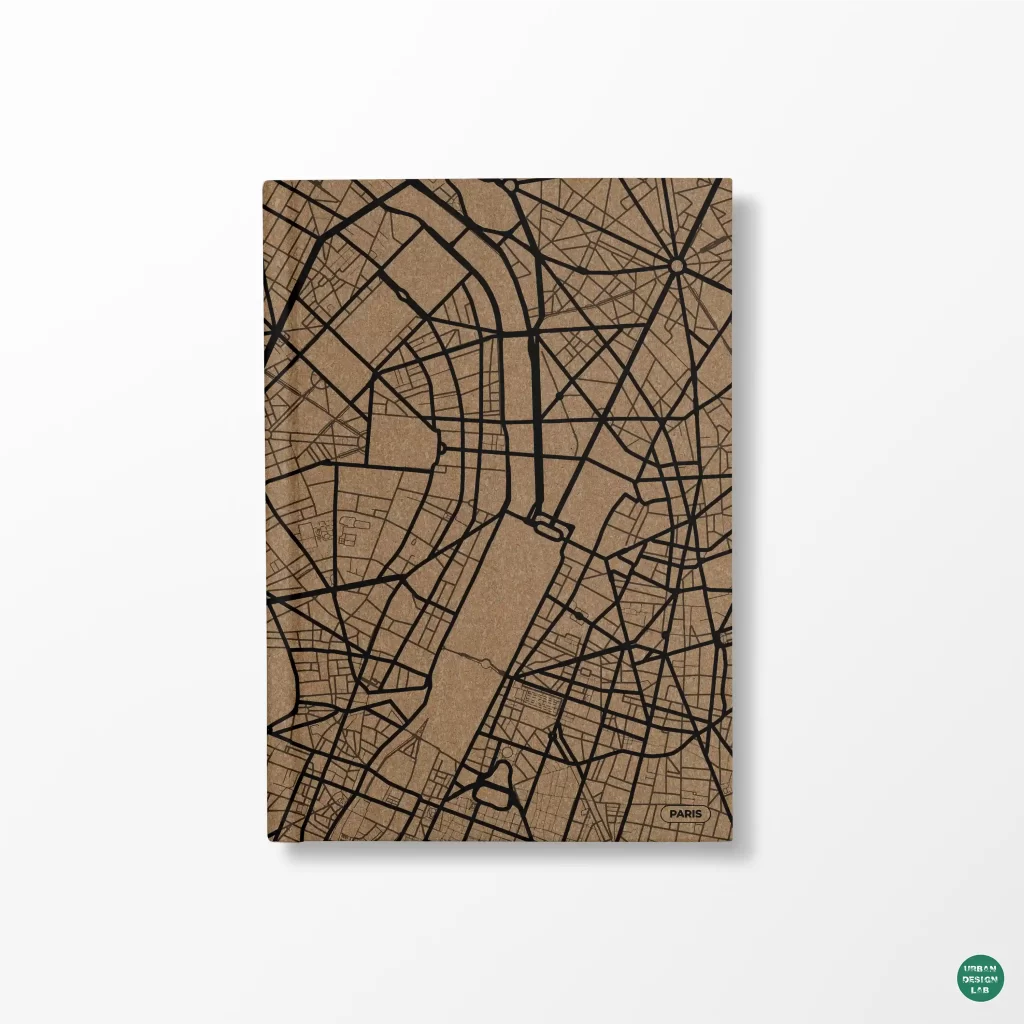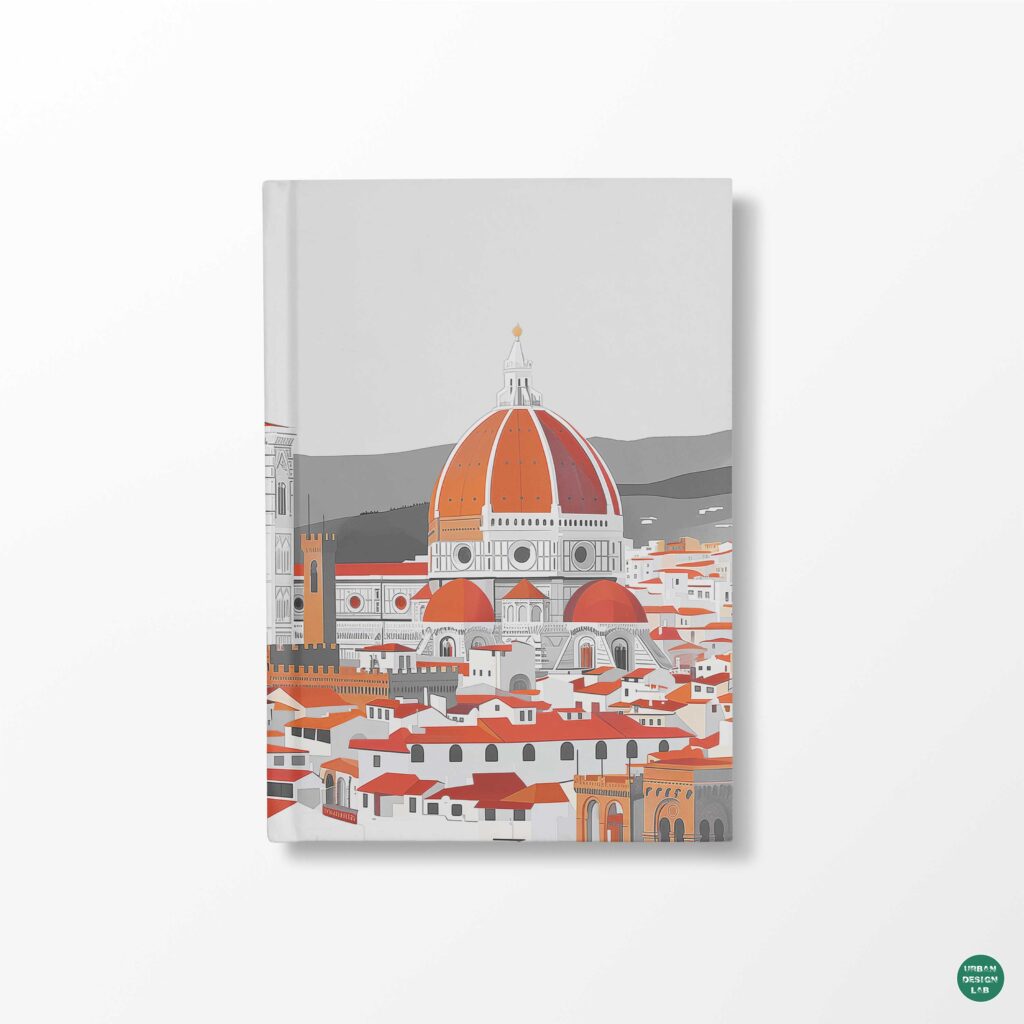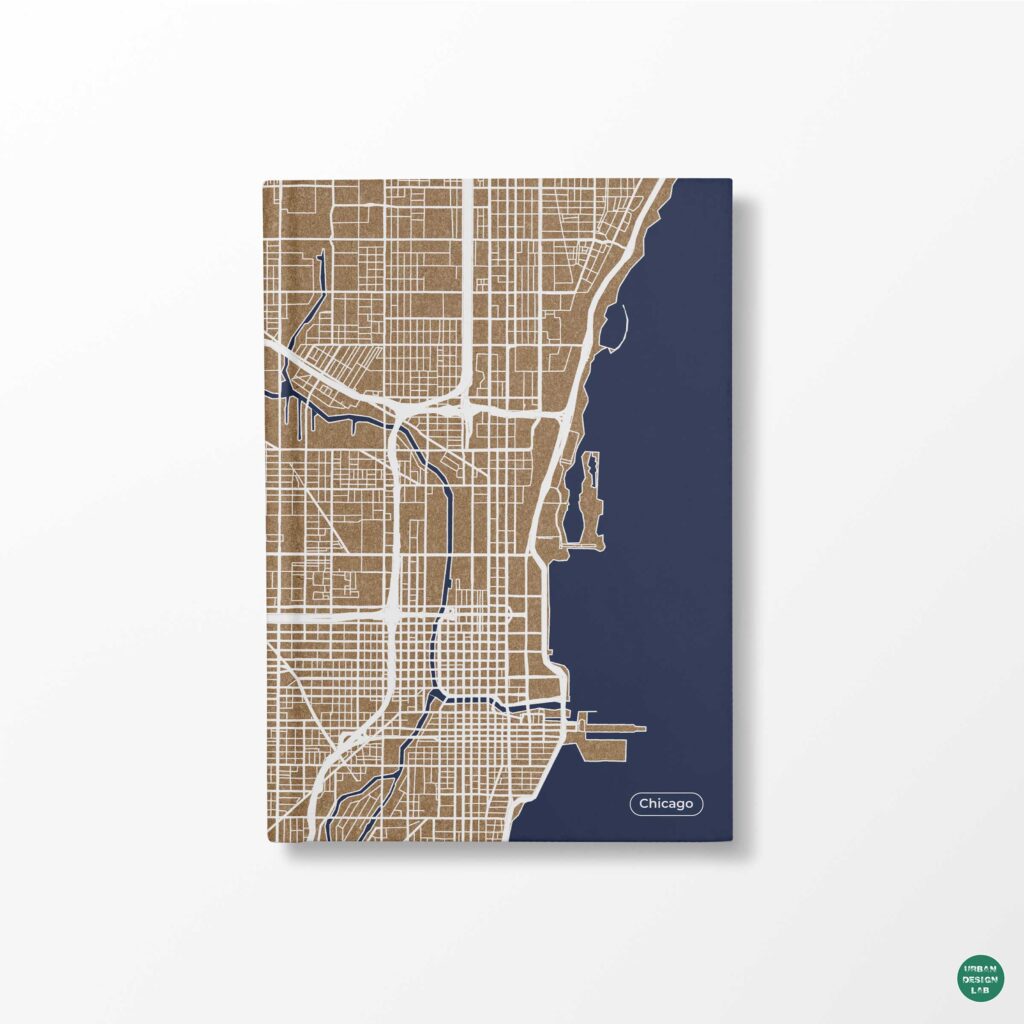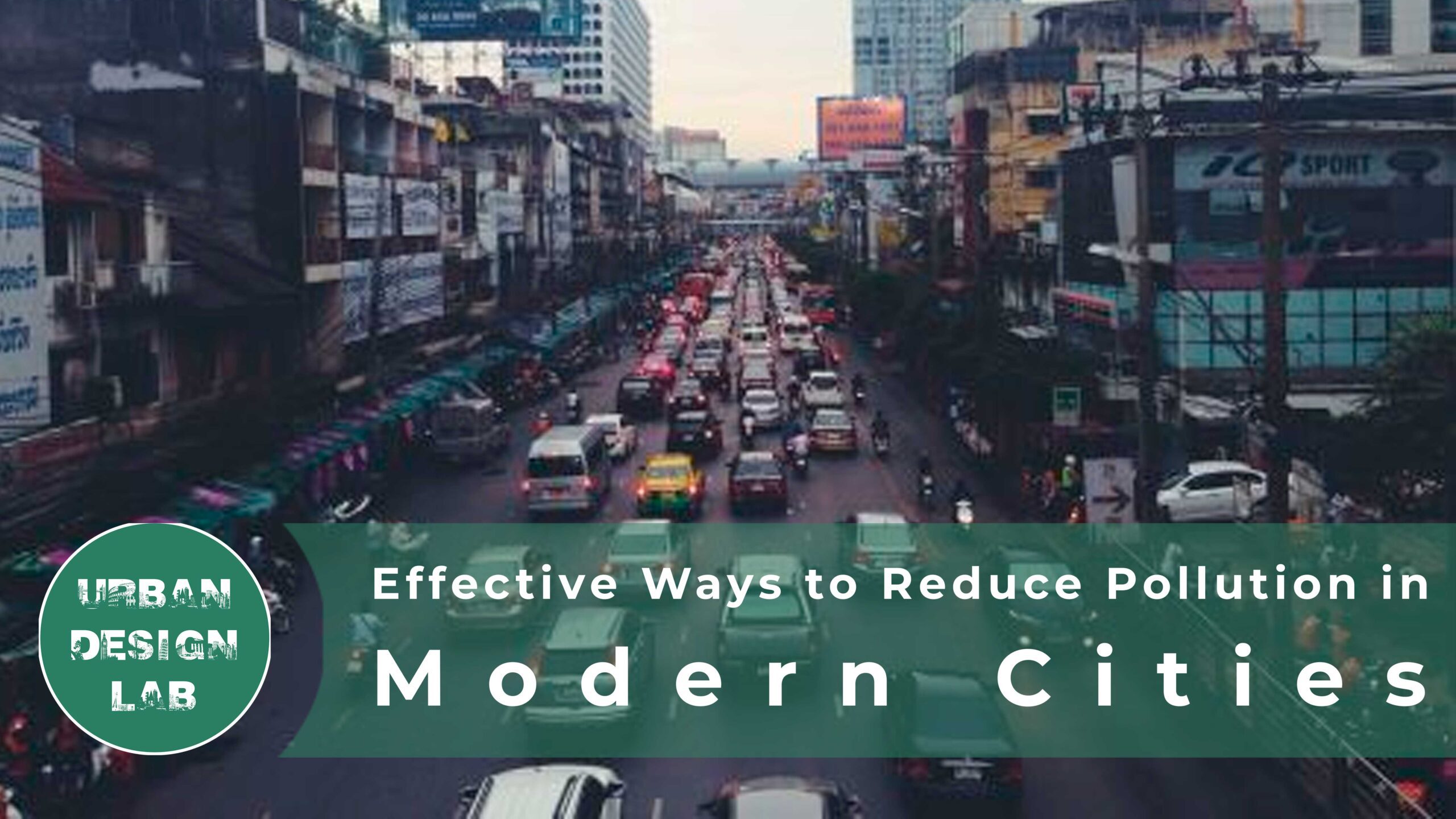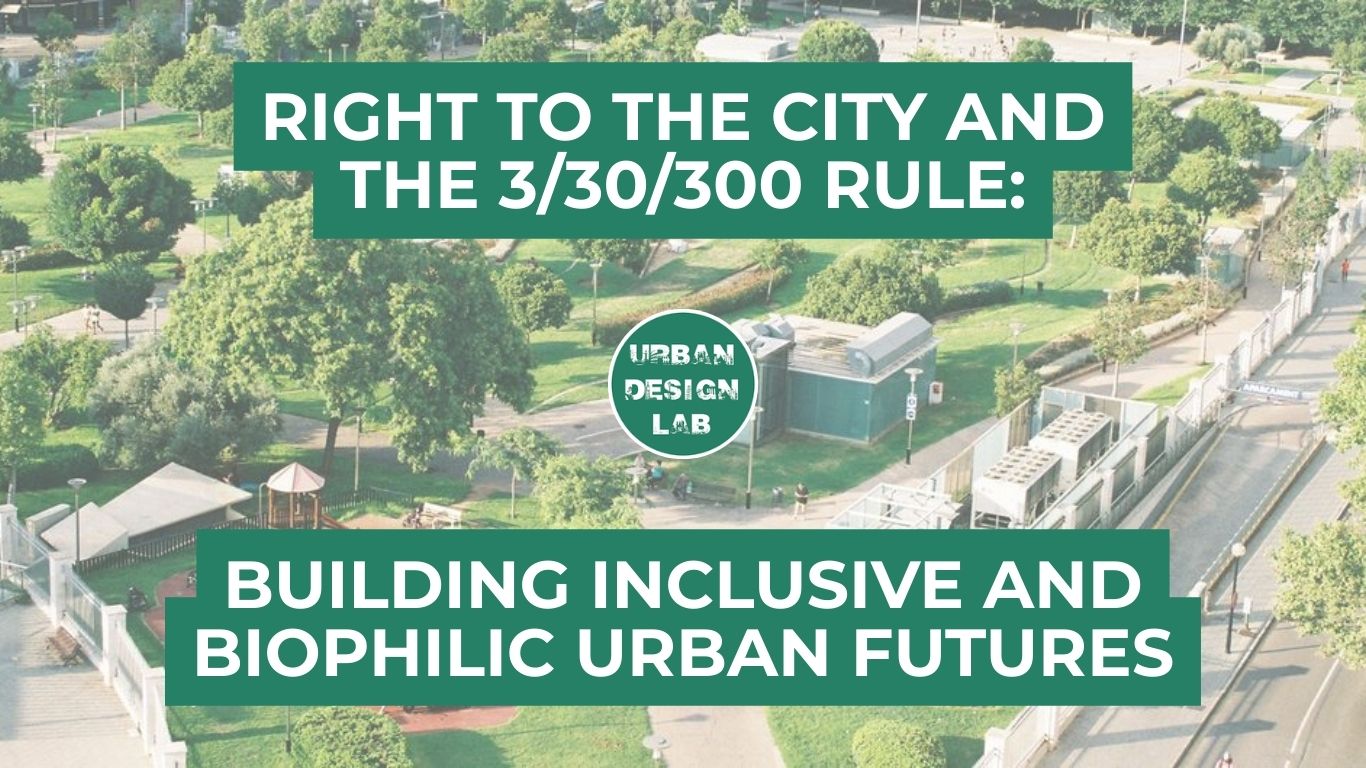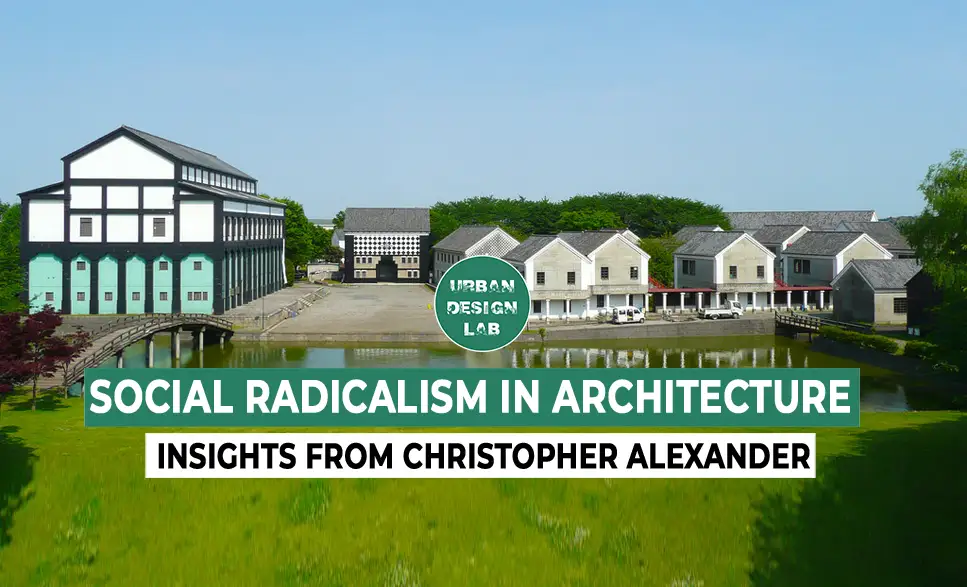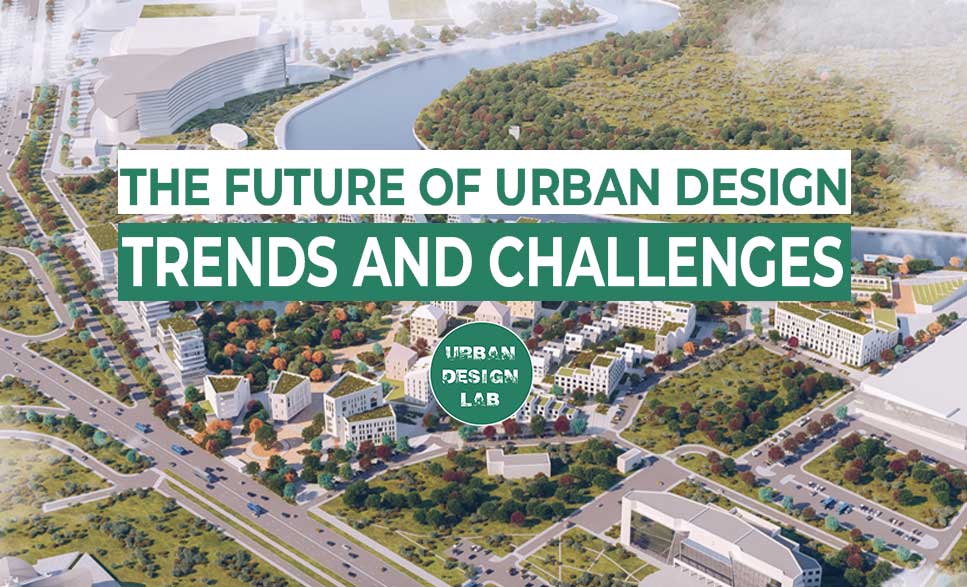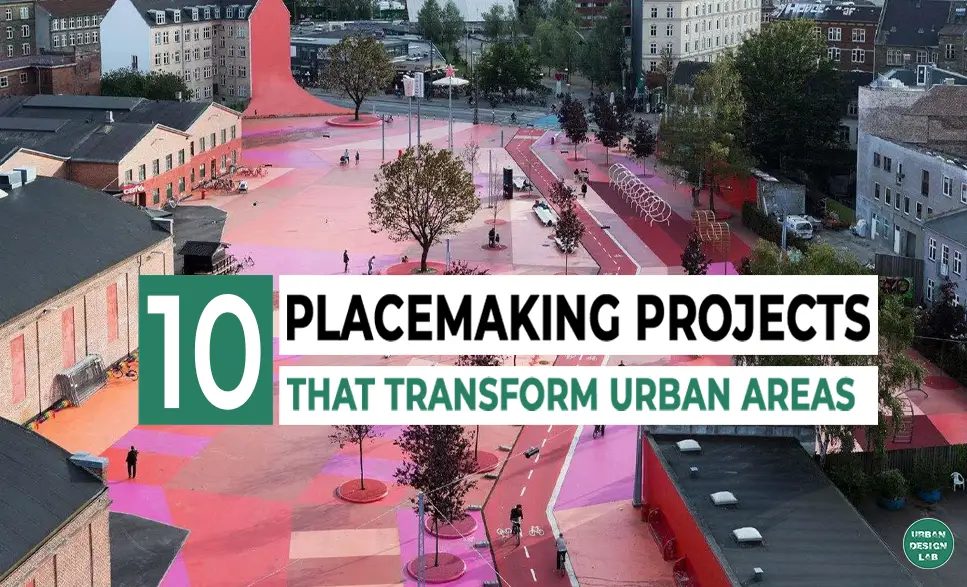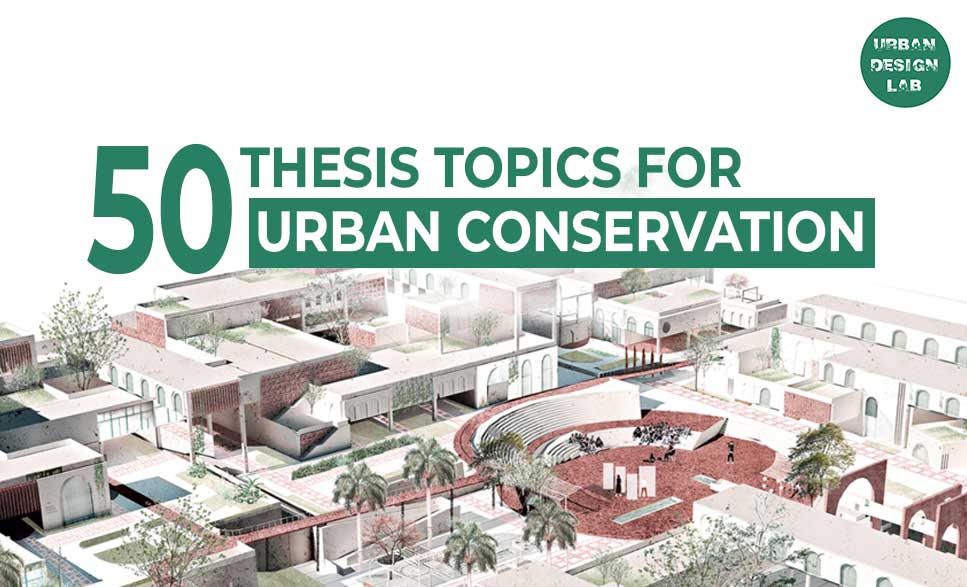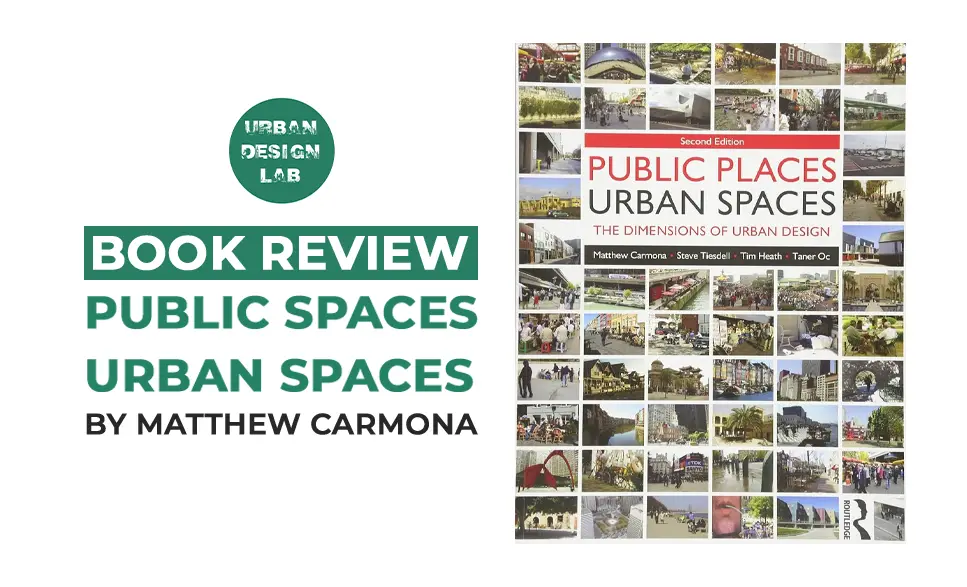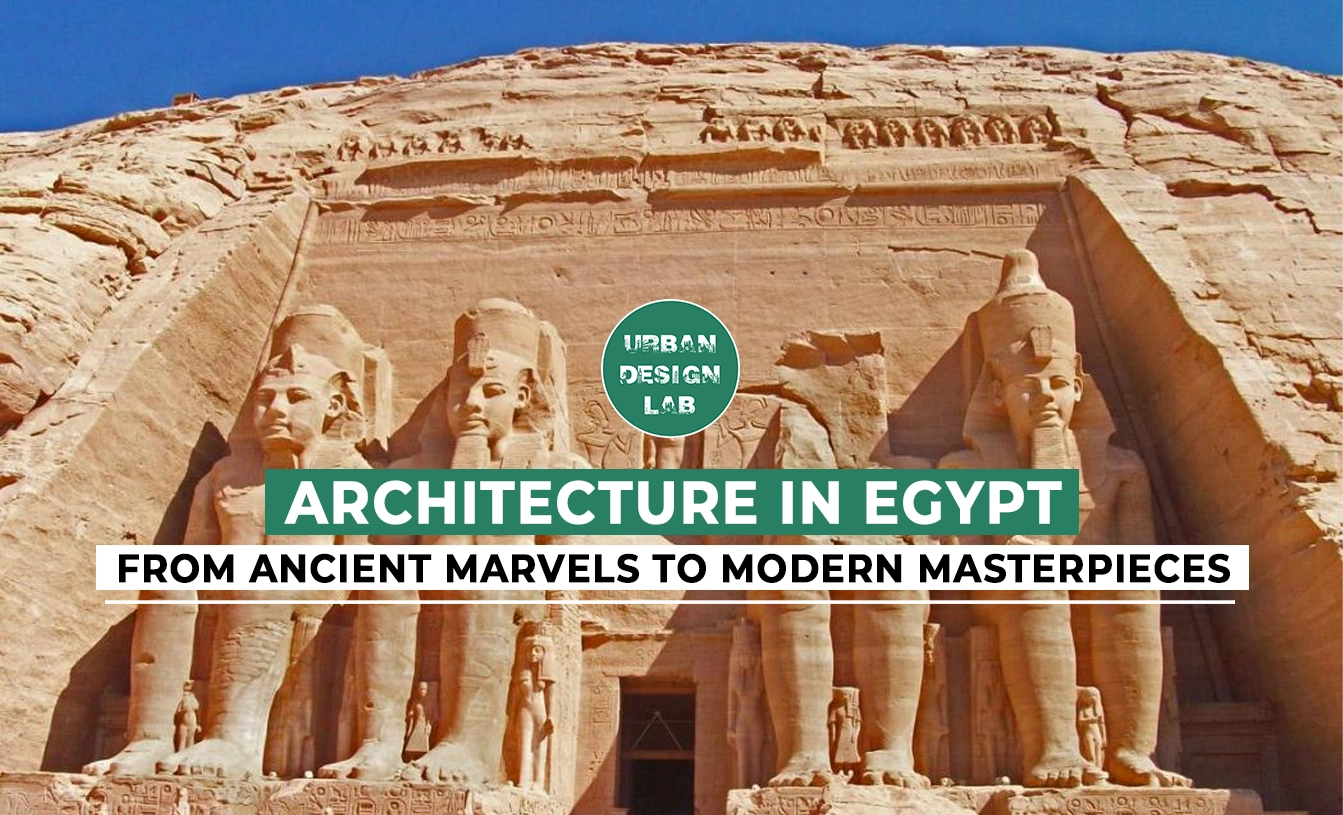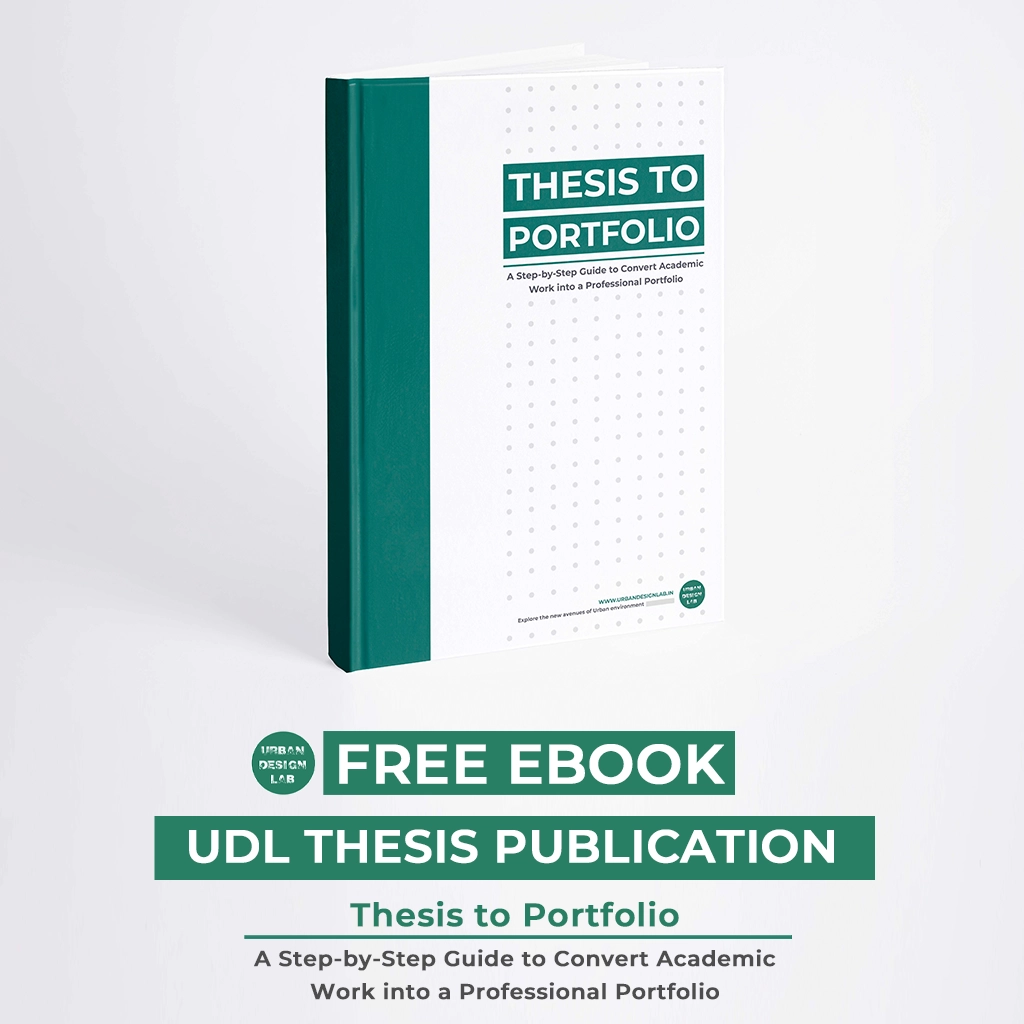
East Java Studio: Landscape Strategies For The Urbanizing Tropics
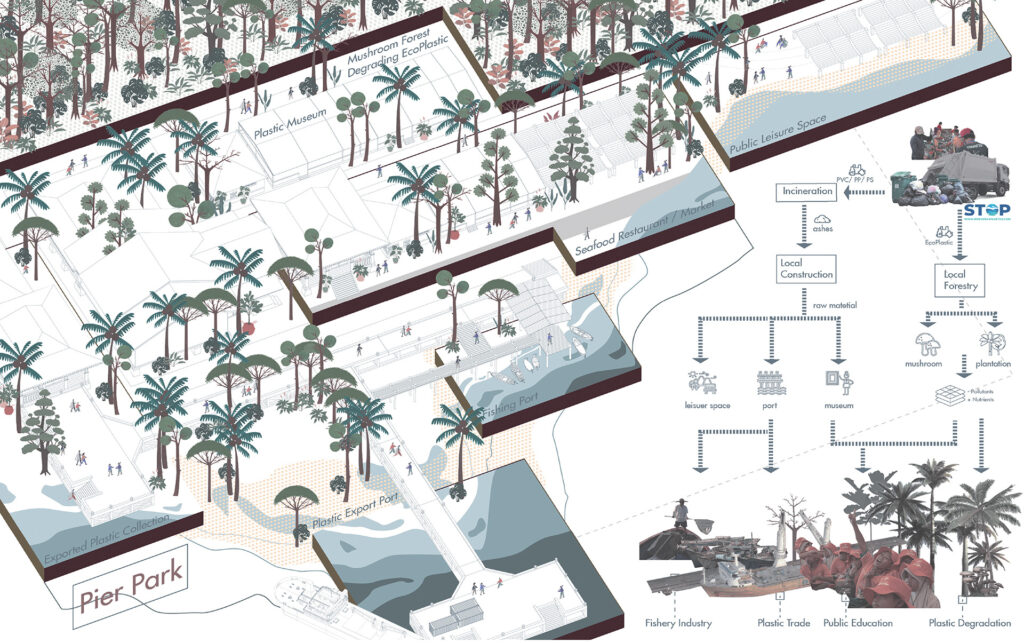
In this studio, students considered landscape architecture’s capacity to engage with environments undergoing rapid change. Through map analysis and literature review, students revealed the ways in which landscape systems, cultural practices, and patterns of human settlement are intertwined, reflecting on the role of strategies and proposals to achieve alternate, more sustainable, more just outcomes. In particular, students examined the impact of modernization, development, and governance on determining natural and cultural landscapes. The study area, the Banyuwangi Regency at the eastern tip of East Java, is a territory that encompasses a dynamic volcanic landscape rich in biodiversity, agricultural productivity, and mineral resources, and is home to a culturally diverse community of some 1.6 million people, with a society built from old kingdoms and founded on Hindu and Islamic traditions and values, scattered across it in a complex ‘desakota’ system of urban-rural sprawl.
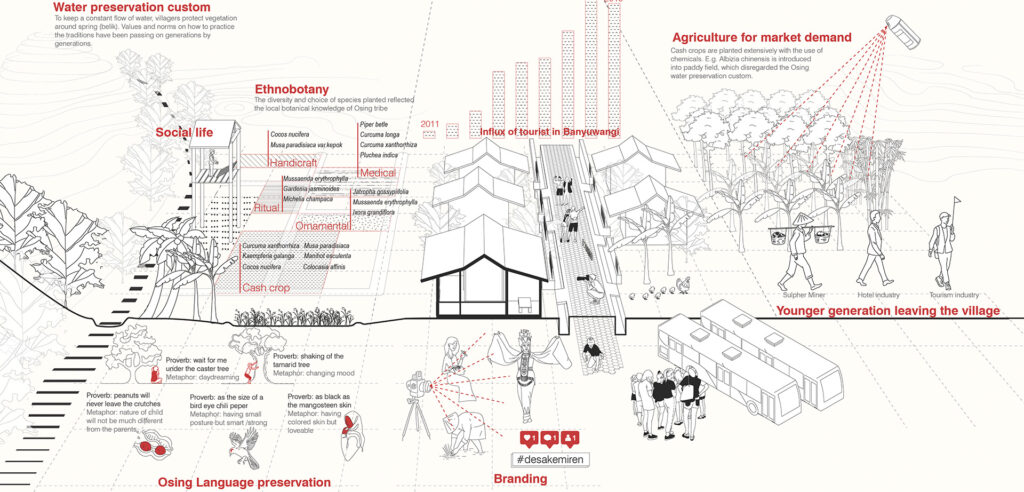
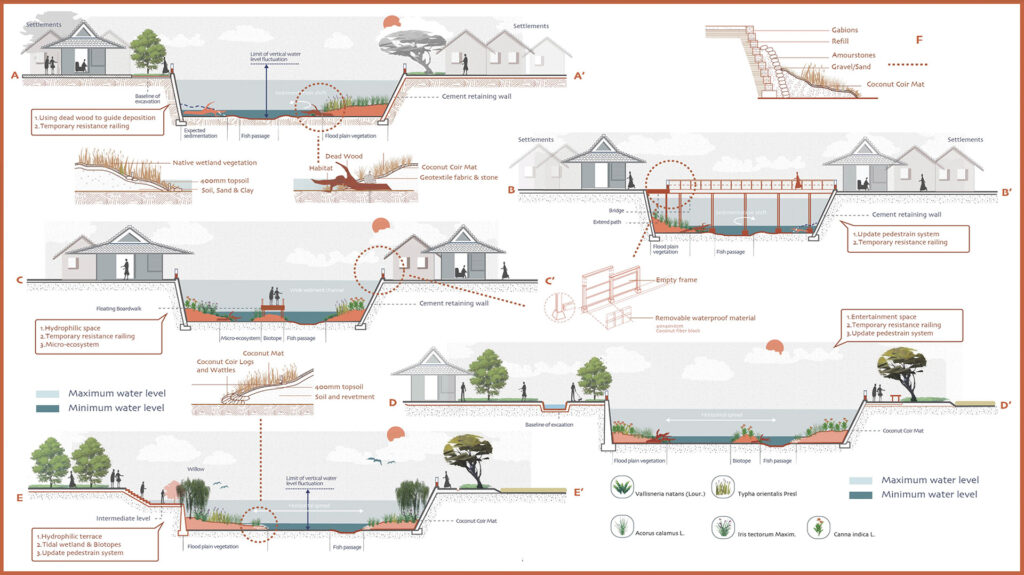

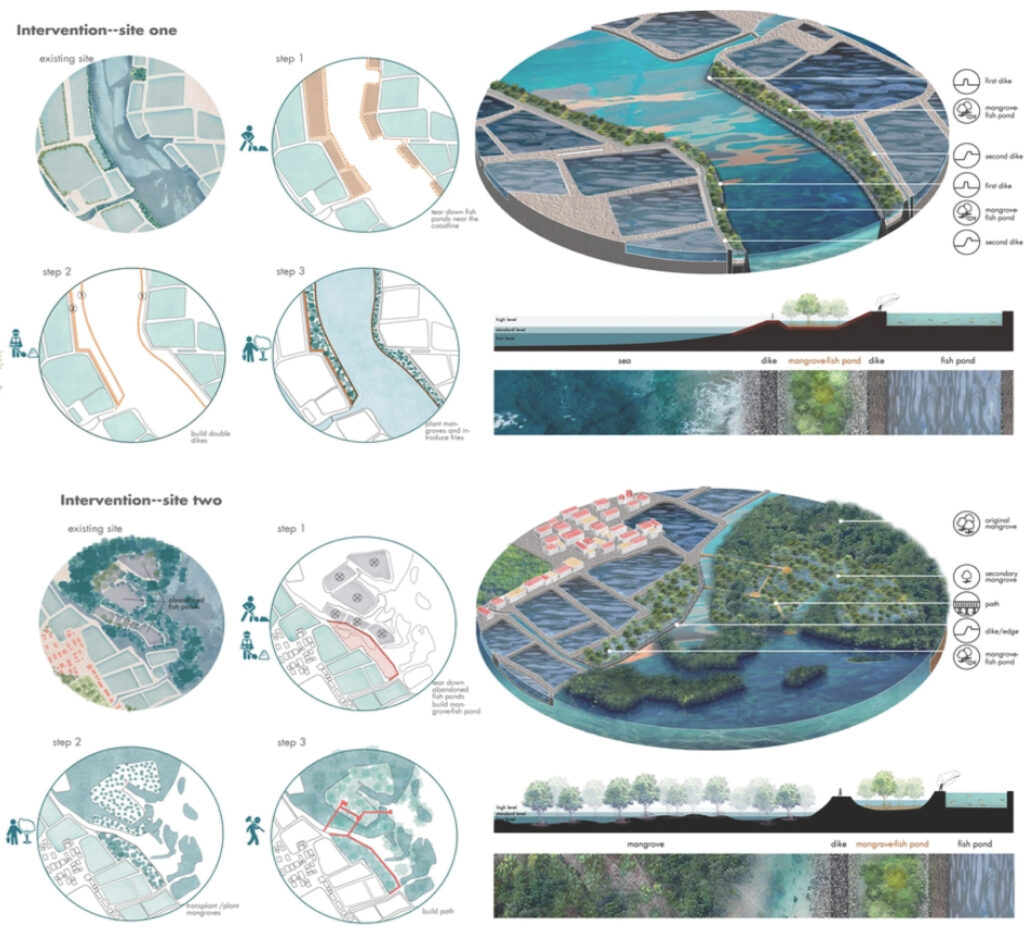
As with much of Indonesia, it is a territory that is undergoing sudden and dramatic (post-Suharto) changes, modernization, commercialization and internationalization, brought on through urbanization, trade, resource exploitation and tourism. Drawing on current landscape planning and urbanism theory, including critiques of sustainability, ecological urbanism, and green infrastructure, students looked first to understand and document this landscape through its physical components, its systems, flows, assets (and liabilities), actors, patterns and trends, etc. Later exercises developed a strategic landscape section/transect summarizing the physical, hydrological, and socio- economic considerations anticipating any intervention. Finally, students worked to develop specific projects through which portions of an intervention strategy might be realized. Critical to this studio was a week-long study visit during which students and instructors toured the region, meeting local communities and government representatives to understand the region and its landscape systems, and to identify specific points of intervention.
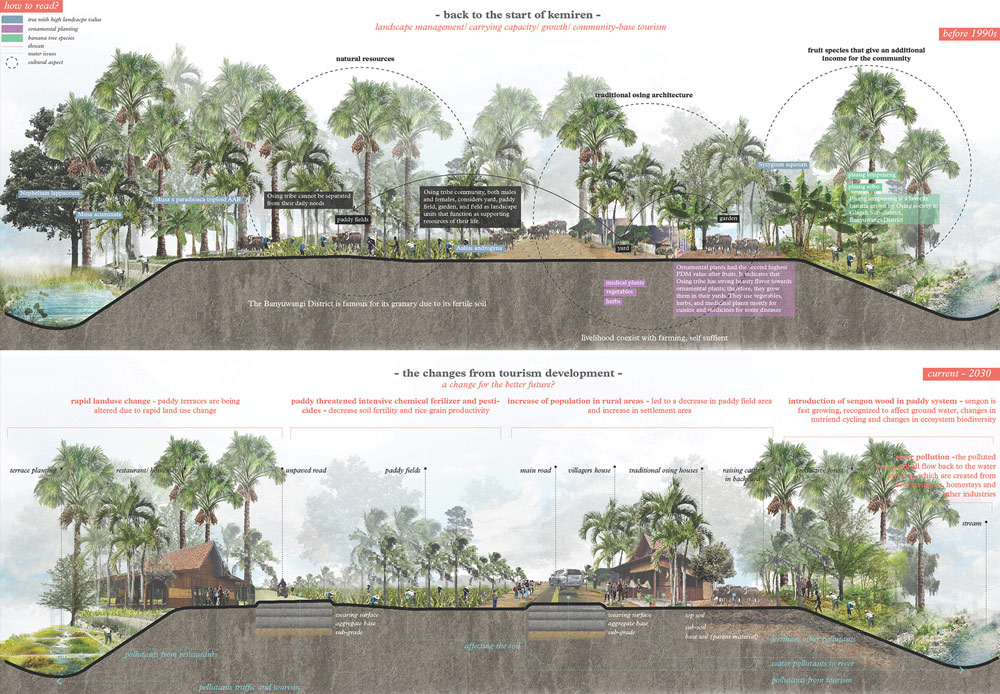
Thesis Title: Landscape Design Studio
Faculty: Ivan Valin, Matthew Pryor, Scott Melbourne
Program: Landscape Design Studio II
Location: Java
University: The University of Hongkong
Related articles
UDL GIS
Masterclass
GIS Made Easy – Learn to Map, Analyse, and Transform Urban Futures
Session Dates
23rd-27th February 2026

Urban Design Lab
Be the part of our Network
Stay updated on workshops, design tools, and calls for collaboration
Curating the best graduate thesis project globally!
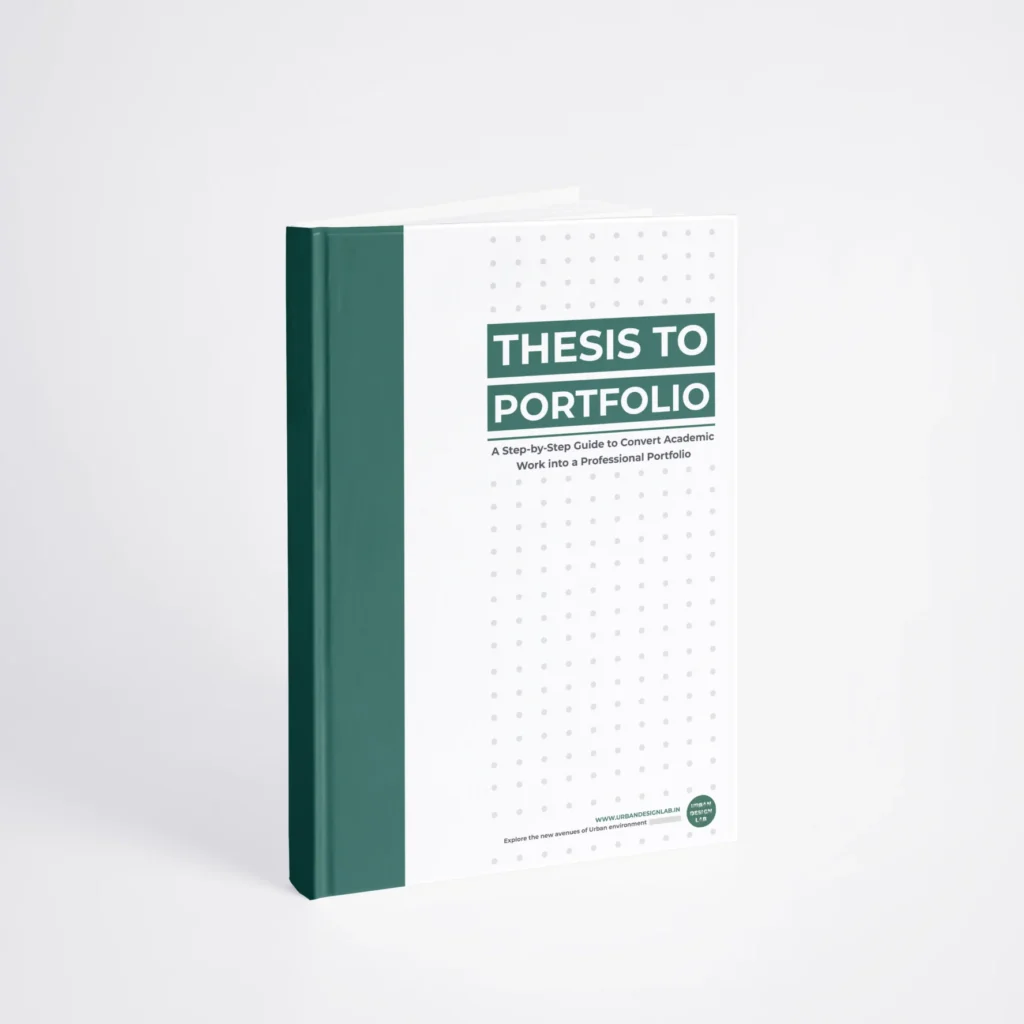
Free E-Book
From thesis to Portfolio
A Guide to Convert Academic Work into a Professional Portfolio”
Recent Posts
- Article Posted:
- Article Posted:
- Article Posted:
- Article Posted:
- Article Posted:
- Article Posted:
- Article Posted:
- Article Posted:
- Article Posted:
- Article Posted:
- Article Posted:
- Article Posted:
Sign up for our Newsletter
“Let’s explore the new avenues of Urban environment together “


